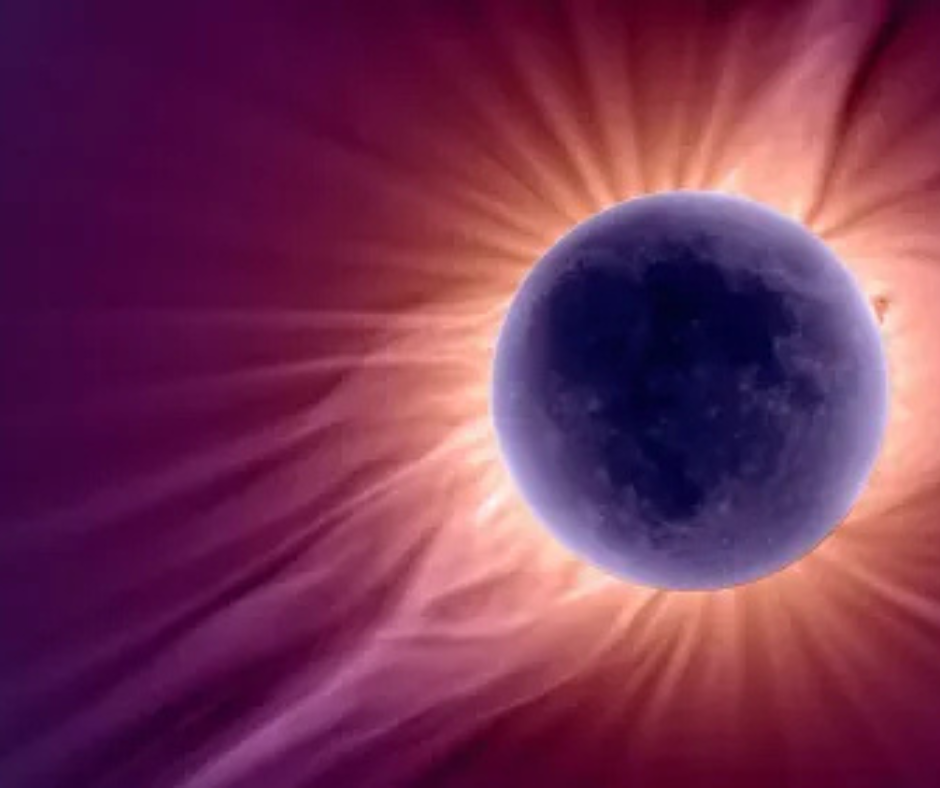
If you’ve been scrolling through social media lately, you may have come across a viral claim that the entire world would experience six minutes of complete darkness on August 2 due to a solar eclipse. The message spread quickly, catching people off guard and sparking curiosity (and in some cases, mild panic). But let’s set the record straight—NASA has confirmed that no such eclipse took place, nor was one ever scheduled for that day.
In reality, the next global solar eclipse visible from multiple regions won’t occur until August 2, 2027, and even then, it won’t bring “complete darkness” to the entire planet at once. Solar eclipses follow very specific paths, usually affecting certain regions at a time—not the entire globe.
The false information likely stemmed from a misinterpreted meme or forwarded message that caught fire before being fact-checked. It’s a good reminder of how easily misinformation can spread online, especially when it’s tied to science or natural phenomena.
NASA and other trusted scientific bodies have urged people to verify such claims through credible sources before believing or sharing them. Misinformation, even if harmless on the surface, can create confusion and dilute trust in real scientific updates.
So, if you were wondering why nothing happened on August 2, now you know—there was never going to be a six-minute global blackout. It’s always worth checking the facts, especially when a claim sounds too unusual to be true.
✅ Tip: For real-time celestial event info, you can follow official NASA pages or astronomy trackers.

